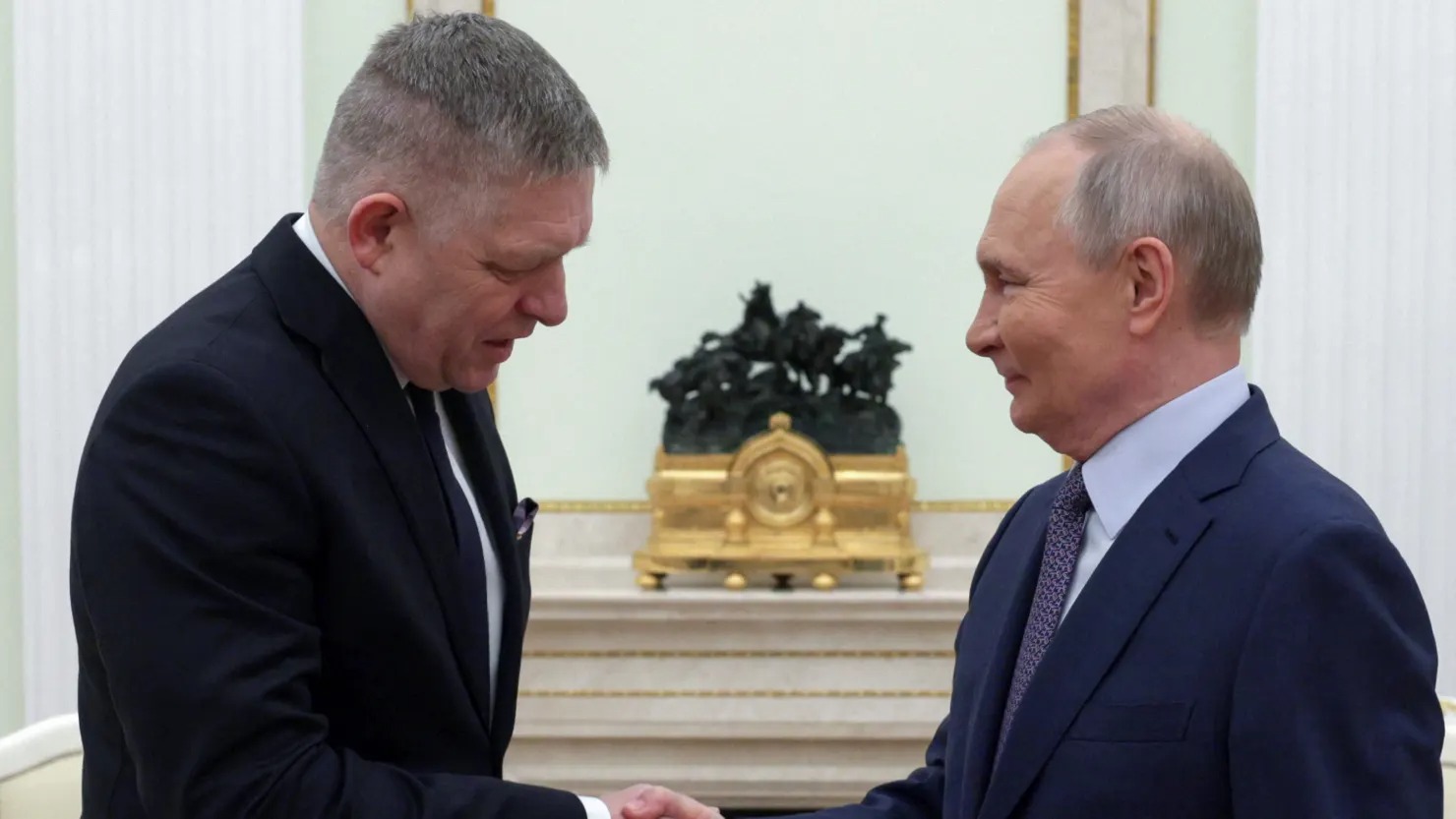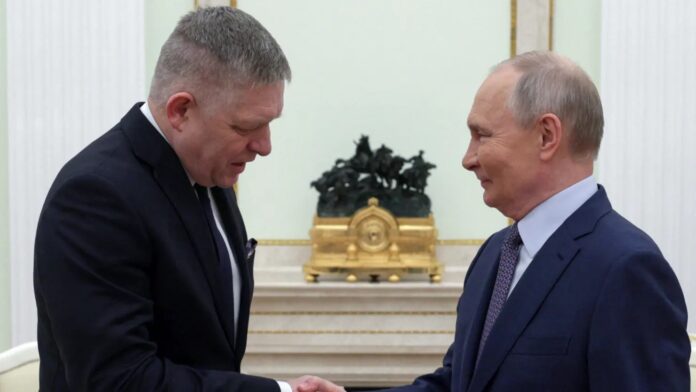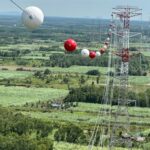“EU’s Plans to Phase Out Russian Gas Imports: Eastern European Countries Speak Out”
Two Eastern European countries with close ties to Russia have strongly criticized the EU’s recent plans to completely phase out imports of Russian gas and energy by the end of 2027, deeming it an “economic suicide” and a threat to the region’s energy security and economy.
On May 6, the European Commission unveiled its strategy to end imports of Russian gas, nuclear energy, and liquefied natural gas (LNG), with the aim of “paving the way for a fully independent energy system from Russia.” This announcement has sparked intense debate, especially among countries with differing energy dependencies and relationships with Russia.
According to data from the European Commission (EC), Russia still supplies nearly 19% of the EU’s imported gas and LNG, despite a significant reduction from 41% in 2021. The proposal to abruptly cut ties with Russia in the energy sector has raised concerns, especially for those countries heavily reliant on affordable Russian energy sources.
Slovakia and Hungary, who have maintained amicable relations with Russia despite the Ukraine conflict, have described the EU’s latest plan as a “grave mistake.” They argue that such a decision could have detrimental effects on their economies and the stability of the region.

Slovakian Prime Minister Robert Fico (left) and Russian President Vladimir Putin during their meeting in December 2024. Getty Images.
“While we recognize the strategic goal of reducing energy dependence on third countries, and Slovakia is ready to cooperate with the EU on this matter, it would be simply suicidal to agree to stop importing gas, nuclear, or oil from Russia,” said Slovakian Prime Minister Robert Fico on May 7.
Hungarian Foreign Minister Peter Szijjarto echoed similar sentiments, calling the EU’s proposal “politically motivated” and a “grave mistake.” “It threatens energy security, drives up prices, and violates sovereignty. They want us to pay the price for their reckless support for Ukraine. We firmly reject this,” he stated.
Both Hungary and Slovakia have consistently opposed previous EU proposals to sever energy ties with Russia, opting instead to maintain supply lines to keep domestic energy costs down.
The EU’s determination to break away from Russian energy reliance involves initially banning all imports of Russian gas, including pipeline and LNG supplies under new and existing contracts. Subsequently, by the end of 2027, all remaining imports will be phased out.
The EC’s proposal will be presented in June and requires the approval of the European Parliament and a qualified majority of member states. This means that the plan cannot be vetoed by a small number of dissenting countries. “We can adopt it without unanimity,” stated Energy Commissioner Dan Jorgensen during a press conference.
The Power Plan Update: Synchronized Implementation for Energy Security
By 2030, Vietnam aims to be among the top 4 ASEAN countries in terms of electricity supply reliability and within the top 3 for electricity access index. Additionally, the country aspires to have 50% of commercial and 50% of residential buildings utilize self-produced and self-consumed rooftop solar power.
“Petrovietnam: Leading the Charge for Accelerated, High-Impact, Double-Digit Growth”
Petrovietnam, as a prominent state-owned enterprise, plays a pivotal role in Vietnam’s socioeconomic development. The company’s contributions are integral to ensuring the five key pillars of national security: energy security, food security, economic security, social welfare, and the sovereignty of our maritime territories.
“UK-Vietnam Nuclear Energy Partnership: A Brighter Future Ahead”
Vietnam needs to conduct thorough research and evaluations when choosing the right partners and technologies, especially when assessing economic and technical feasibility.





















